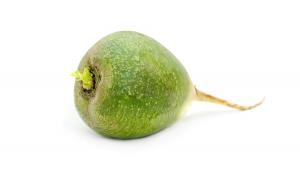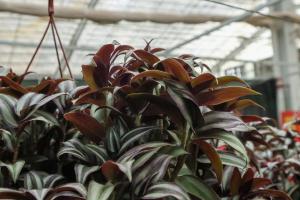Introduction
Planting palm trees in orchards may seem like an unusual concept to many, but it is a practice that has gained popularity in recent years. There are several reasons why farmers and growers choose to add these trees to their existing orchards. In this article, we will explore some of the main reasons behind this trend.
Benefits of planting palm trees in orchards
One of the primary reasons for adding palm trees to orchards is their ability to tolerate and thrive in harsh environmental conditions. Many varieties of palms are drought-resistant and can survive in areas with poor soil quality. This makes them a suitable choice for farmers who want to diversify their crops and cultivate underutilized land.
Palm trees are also known for their ability to improve soil quality. They have deep roots that can penetrate soil layers, increasing soil aeration and water infiltration. Moreover, palm trees produce a large amount of biomass, branches, and leaves, which act as natural fertilizers and enhance a wide range of soil biological activities. These traits make palm trees a valuable addition to orchards, as they can help soil health, promote tree growth, and increase crop productivity.
Economic benefits of planting palm trees in orchards
In addition to their agronomic benefits, palm trees can also offer significant economic returns for farmers. They are perennial crops that can produce fruits for up to 30 years or more, providing a long-term source of income. Palms require relatively low maintenance costs over time, making them an attractive investment option for small and medium-sized farmers looking to diversify their income streams.
Palm oil is one of the most valuable commodities in the global market, and many farmers have shifted towards cultivating palm trees to take advantage of this demand. Palm oil is used in a wide range of products, including food, cosmetics, and biofuels. Planting palm trees in orchards can, therefore, be a profitable venture, especially for those who have access to the international market.
Environmental considerations
While planting palm trees in orchards can be advantageous, it is essential to note that this practice has faced criticism over the years due to its environmental impact. Palm plantations have been blamed for deforestation, habitat destruction, and loss of biodiversity in many tropical regions worldwide. Moreover, the intensive use of pesticides and fertilizers can pollute waterways and harm wildlife.
Therefore, farmers must ensure that they practice sustainable agriculture when planting palm trees in orchards. This can involve using eco-friendly farming practices, minimizing the use of chemicals, and preserving the natural habitats around their farms. Furthermore, farmers can adopt certification systems, such as the Roundtable on Sustainable Palm Oil (RSPO), to ensure that their practices align with responsible and ethical criteria.
Conclusion
In conclusion, planting palm trees in orchards can offer significant agronomic and economic benefits for farmers. They are drought-resistant, improve soil health, and provide a long-term source of income. However, it is crucial to practice sustainable agriculture and farming practices to mitigate any adverse impact on the environment.

 how many times do yo...
how many times do yo... how many planted tre...
how many planted tre... how many pine trees ...
how many pine trees ... how many pecan trees...
how many pecan trees... how many plants comp...
how many plants comp... how many plants can ...
how many plants can ... how many plants and ...
how many plants and ... how many pepper plan...
how many pepper plan...
































